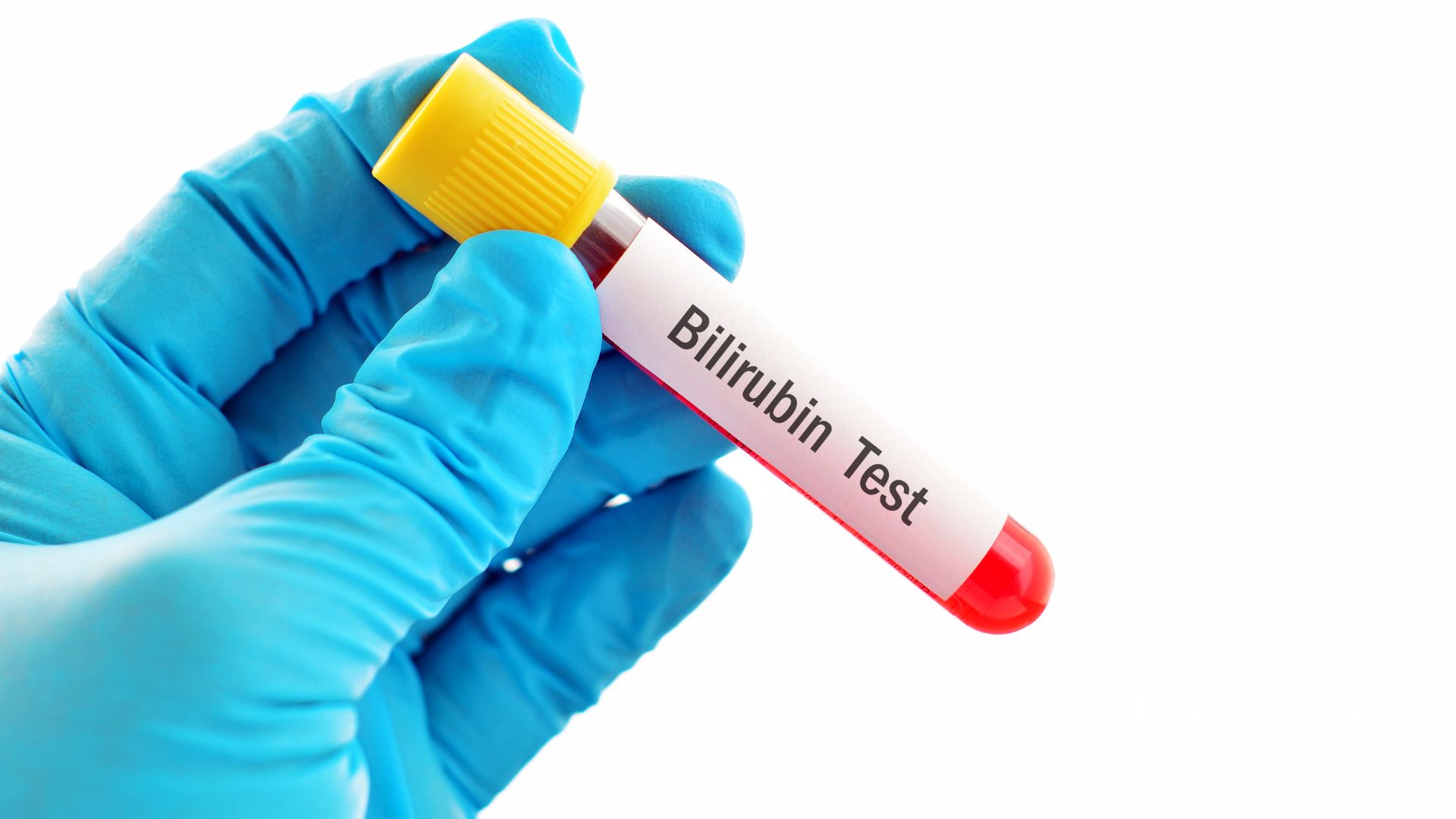Low Bilirubin Levels: What It Means and Why It Matters
Low bilirubin levels are typically not a major concern, but they can sometimes indicate underlying conditions such as liver dysfunction or certain types of anemia. Usually, doctors focus more on high levels of bilirubin, which can lead to jaundice or other serious issues. Nevertheless, understanding what low bilirubin levels signify can give you a more comprehensive view of your health.
What is Bilirubin?
Bilirubin is a yellowish substance your liver produces when it breaks down old red blood cells. In general, you want your bilirubin levels to be within a certain range. Too much, and you could face problems like jaundice. Too little, and it might signify other health issues. Normally, bilirubin travels from your liver to your intestines, where it’s eventually excreted. In a healthy adult, bilirubin levels range from 0.3 to 1.2 milligrams per deciliter (mg/dL).
Reasons for Low Bilirubin Levels
Liver Efficiency
Sometimes, an overly efficient liver processes bilirubin so quickly that levels in the blood drop. Although this seems like good news, it might actually indicate that your liver is working too hard, possibly due to medications or other substances.
Anemia
Anemia, a condition where your body lacks enough healthy red blood cells, can also result in low bilirubin levels. This happens because there are fewer red blood cells for the liver to break down, decreasing the production of bilirubin.
Nutritional Deficiencies
A diet lacking in essential nutrients like Vitamin B12 and folic acid can be another cause. Without adequate nutrients, your body may struggle to produce red blood cells, thus reducing bilirubin.
Poor Nutrient Absorption
In some cases, your body may struggle to absorb the nutrients it needs, which can affect bilirubin levels. Conditions like celiac disease or chronic pancreatitis can disrupt your body’s ability to absorb nutrients effectively.
Medications
Certain drugs like phenobarbital and caffeine can lower bilirubin levels. So, if you’re on medication, check to see if this could be affecting your levels.
Symptoms to Watch For
While low bilirubin levels themselves might not show symptoms, the underlying conditions causing it often do. Here are some symptoms to be aware of:
Fatigue and Weakness
You might feel unusually tired or weak. This is especially common in cases where low bilirubin is due to anemia or liver issues.
Jaundice
Although more commonly associated with high bilirubin, jaundice can also occur in some cases of low bilirubin. Keep an eye out for yellowing of the skin or eyes.
Unexplained Weight Loss
If you’re losing weight without trying, it could be a sign of an underlying condition affecting your bilirubin levels.
Abdominal Pain
Pain in your abdomen, particularly on the right side where your liver is located, can be a red flag.
How to Test for Low Bilirubin Levels
A simple blood test, often part of a comprehensive metabolic panel, can measure your bilirubin levels. Your doctor might order this test if you show symptoms of liver disease or if you’re undergoing treatment that may affect your liver.

Timing and Preparation
You’ll usually fast for at least four hours before the test. After that, a healthcare provider will draw a small amount of blood, typically from a vein in your arm.
What the Results Mean
If your bilirubin levels come back low, your doctor might want to conduct additional tests. This could include liver function tests or tests for potential anemia.
How to Address Low Bilirubin Levels
Dietary Changes
Eating a balanced diet rich in fruits, vegetables, and lean protein can help support liver function and may help normalize bilirubin levels.
Medication Review
If you’re taking medications that could affect your liver, your doctor may review these to see if changes are needed.
Additional Testing
In more serious cases, additional tests or scans may be necessary. For example, an ultrasound can provide more information about your liver’s condition.
Are Low Bilirubin Levels a Concern?
In general, low bilirubin levels are not as concerning as high levels. However, consistently low levels could be a signal that something else is going on in your body. If you notice symptoms like fatigue, abdominal pain, or unexplained weight loss, consult your doctor for a comprehensive diagnosis.
Frequently Asked Questions about Low Bilirubin Levels
What is Considered a Low Level of Bilirubin?
A low level of bilirubin is generally considered to be below 0.3 mg/dL. However, these numbers can vary slightly depending on the lab and testing methods. Always consult with your healthcare provider to interpret your specific test results.
Can Low Bilirubin Levels Cause Symptoms?
Most of the time, low bilirubin levels don’t cause symptoms on their own. Instead, you might notice symptoms related to an underlying condition that is also affecting your bilirubin levels. For example, if you have anemia, you may experience fatigue, weakness, or pale skin.
Are Low Bilirubin Levels Dangerous?
In most cases, low bilirubin levels are not dangerous. However, if you consistently have low levels, it could be a sign of an underlying issue, such as liver dysfunction or anemia. Always consult your doctor for a comprehensive diagnosis if you’re concerned about your bilirubin levels.
How Can I Increase My Bilirubin Levels?
If your bilirubin levels are low due to an underlying condition, treating that condition should help normalize your levels. A balanced diet and avoiding substances that can harm the liver may also help. However, there’s no specific food or supplement that can directly increase bilirubin levels. Consult your healthcare provider for advice.
Should I Be Worried if My Bilirubin Levels Are Low During Pregnancy
During pregnancy, it’s common for some lab values, including bilirubin, to be slightly different than when you’re not pregnant. However, markedly low levels should be evaluated by a healthcare provider, as they could indicate an issue that might affect your or your baby’s health.
